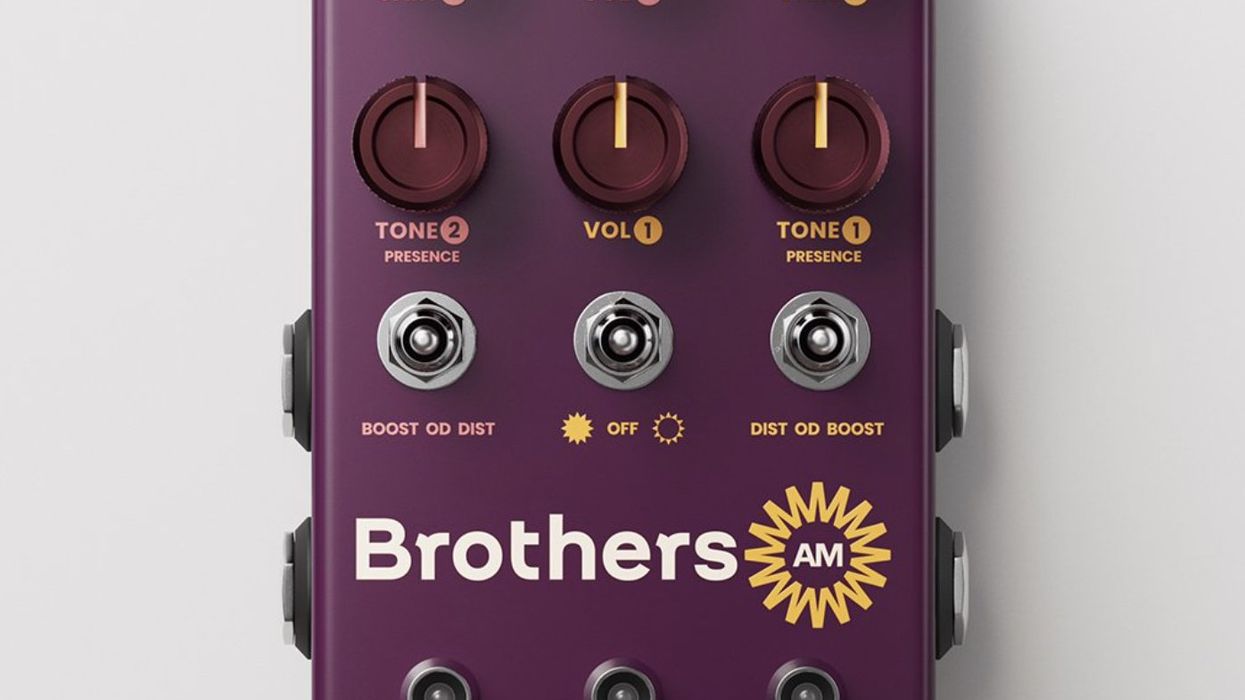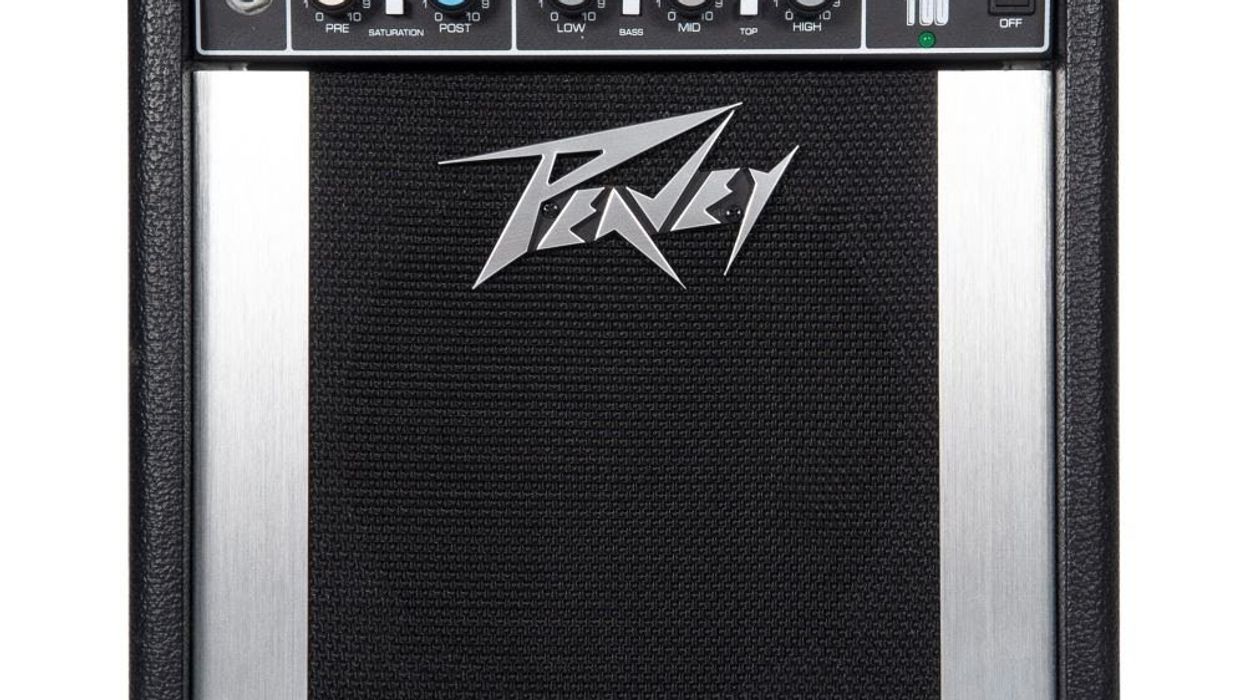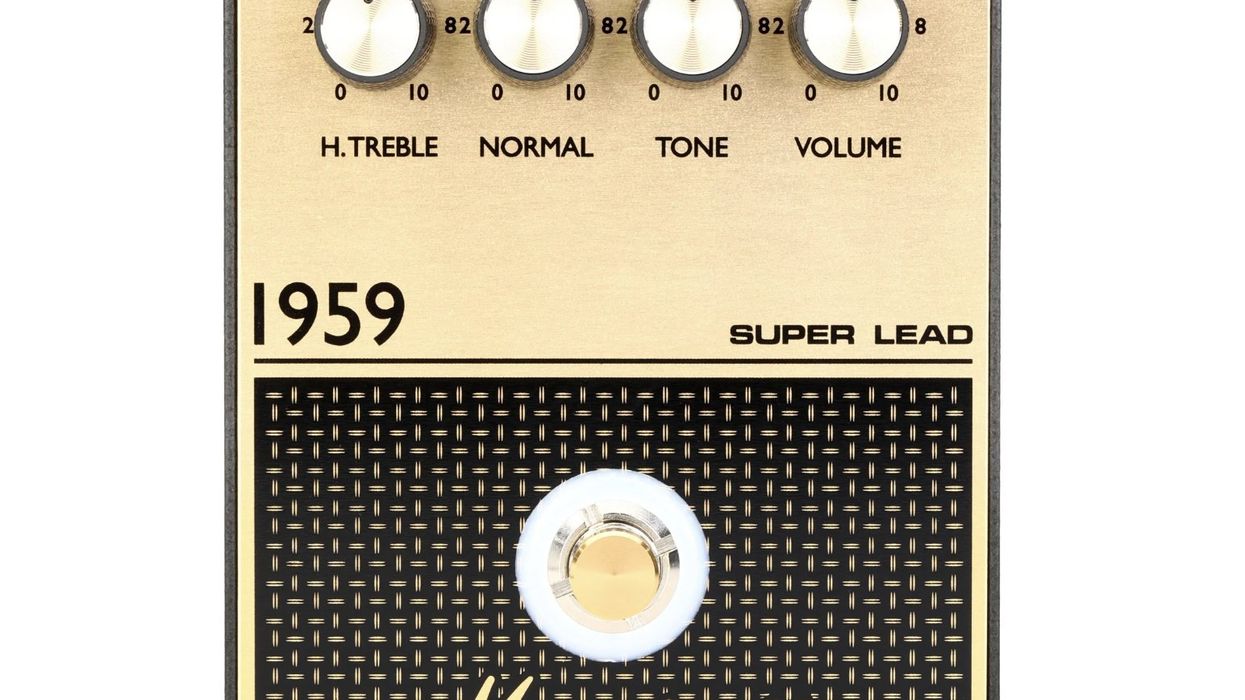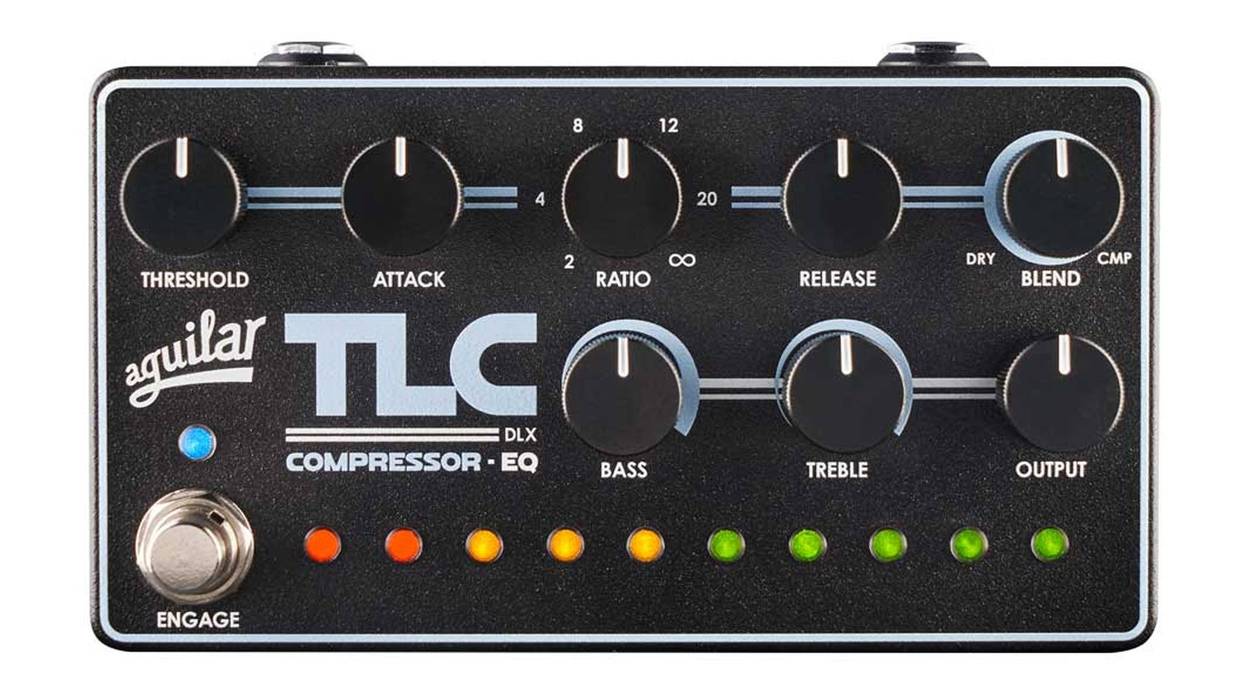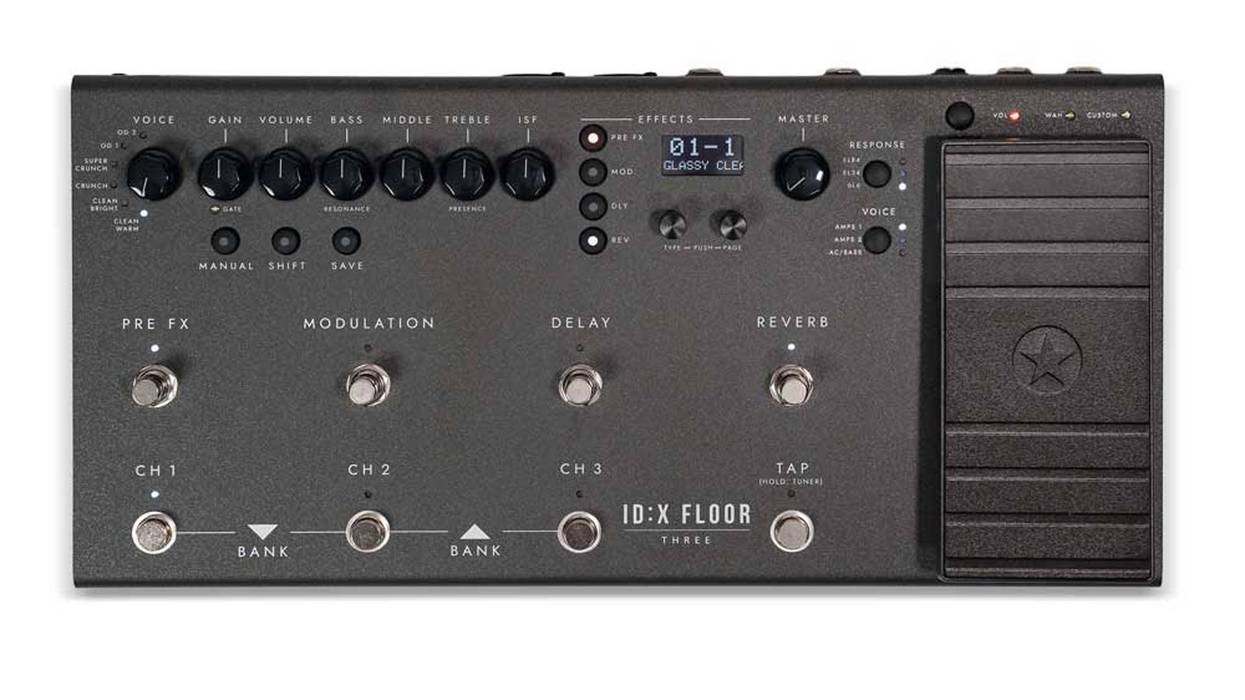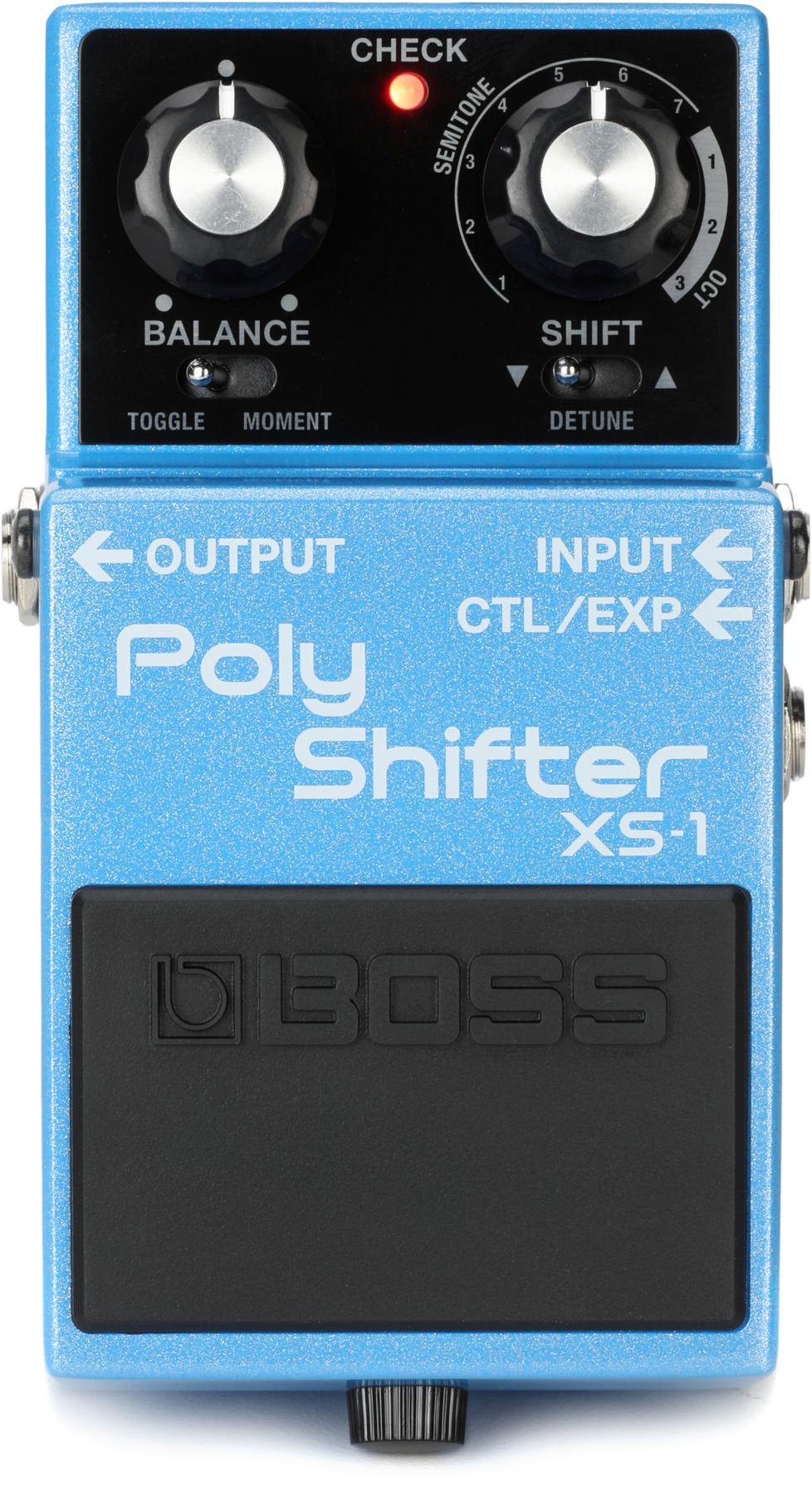Mastodon
Live at the Aragon
Reprise Records





 On the heels of releasing their fourth album Crack the Skye—a prog-metal masterpiece with refinements on vocal deliveries and tighter instrumentation woven together with a Tsarist Russian narrative on astral travel—Mastodon hit the road playing the disc in its entirety. And the Live at the Aragon CD/DVD offers those seven songs with some added sludgy goodness in the form of Remission and Leviathan fan favorites.
On the heels of releasing their fourth album Crack the Skye—a prog-metal masterpiece with refinements on vocal deliveries and tighter instrumentation woven together with a Tsarist Russian narrative on astral travel—Mastodon hit the road playing the disc in its entirety. And the Live at the Aragon CD/DVD offers those seven songs with some added sludgy goodness in the form of Remission and Leviathan fan favorites.
In theory, Mastodon’s instinct to showcase the concept album Crack the Skye in its full glory, from front to back, is the right one, but one that takes extreme precision and discipline to completely pull off. To expect dead-on, exact note-for-note playback on such a challenging album in a live setting is foolish. However, the interplay between guitarists Brent Hinds and Bill Kelliher's dual-chugging parts in “Divinations” and “Quintessence” borders on sloppy, particularly contrasted against the tightness of the recorded version of Crack the Skye. The fluidity of a live show does play into the album’s favor for some tunes, like the guitarists’ back-and-forth during the climatic parts of “The Czar” and the closing moments of “The Last Baron,” where Hinds goes into sustaining solo runs while Kelliher hangs in the pocket and locks the rhythm with drummer Brann Dailor and bassist Troy Sanders. As the band moves into some of their oldies, they solidify their Thin Lizzy-esque dual-guitar attack. “Circle of Cysquatch” and “Mother Puncher” provide clinics for arpeggiated, precise single-note runs and fast-paced, down-tuned rhythm riffing. The set concludes with a powerfully charismatic cover of the Melvins’ “The Bit” anchored by Sanders' crescendoing vocals and dynamic low-end interplay with the distorted guitars.
Hinds is known for his primitive gargles and thunderous grunts (see their EP Lifesblood or first full-length LP Remission), but what made Crack the Skye so great was Hinds' ability to dial the aggro-man routine back a bit and provide a contrasting voice to Sanders. During Live at the Aragon, Hinds retreats to his old, guttural ways, providing bonus aggression but detracting from the music and lyrics on “Ghost of Karelia” and “Divinations.” Hinds does nail the prehistoric roars on older Mastodon songs “Where Strides the Behemoth” and “Aqua Dementia,” but Sanders (“Crack the Skye” and “The Bit”) and Dailor (“Oblivion”) taking lead vocal duties are a welcome change of pace.
The accompanying DVD does a great job capturing the show with smooth, sweeping crane shots, tight zooms during Hinds and Kelliher's key shredding points, and a high quality soundtrack with no audible shortcomings or glitches. In addition, the DVD features a 58-minute tour film that aired onstage during the tour as the band performed Crack the Skye. The film contains haunting images and scenes that correspond with the ebb and flow of the album.
For Mastodon fans, the Live at the Aragon CD/DVD combo is well worth the $14.99 price tag and is a solid live album. But, perhaps due to the fact that this show was recorded during their second consecutive world tour, it falls just short on delivering all of the charismatic energy, palpable enthusiastic jams, and overall musical goodness that concertgoers experienced firsthand Crack the Skye shows.
Live at the Aragon
Reprise Records
 On the heels of releasing their fourth album Crack the Skye—a prog-metal masterpiece with refinements on vocal deliveries and tighter instrumentation woven together with a Tsarist Russian narrative on astral travel—Mastodon hit the road playing the disc in its entirety. And the Live at the Aragon CD/DVD offers those seven songs with some added sludgy goodness in the form of Remission and Leviathan fan favorites.
On the heels of releasing their fourth album Crack the Skye—a prog-metal masterpiece with refinements on vocal deliveries and tighter instrumentation woven together with a Tsarist Russian narrative on astral travel—Mastodon hit the road playing the disc in its entirety. And the Live at the Aragon CD/DVD offers those seven songs with some added sludgy goodness in the form of Remission and Leviathan fan favorites.
In theory, Mastodon’s instinct to showcase the concept album Crack the Skye in its full glory, from front to back, is the right one, but one that takes extreme precision and discipline to completely pull off. To expect dead-on, exact note-for-note playback on such a challenging album in a live setting is foolish. However, the interplay between guitarists Brent Hinds and Bill Kelliher's dual-chugging parts in “Divinations” and “Quintessence” borders on sloppy, particularly contrasted against the tightness of the recorded version of Crack the Skye. The fluidity of a live show does play into the album’s favor for some tunes, like the guitarists’ back-and-forth during the climatic parts of “The Czar” and the closing moments of “The Last Baron,” where Hinds goes into sustaining solo runs while Kelliher hangs in the pocket and locks the rhythm with drummer Brann Dailor and bassist Troy Sanders. As the band moves into some of their oldies, they solidify their Thin Lizzy-esque dual-guitar attack. “Circle of Cysquatch” and “Mother Puncher” provide clinics for arpeggiated, precise single-note runs and fast-paced, down-tuned rhythm riffing. The set concludes with a powerfully charismatic cover of the Melvins’ “The Bit” anchored by Sanders' crescendoing vocals and dynamic low-end interplay with the distorted guitars.
Hinds is known for his primitive gargles and thunderous grunts (see their EP Lifesblood or first full-length LP Remission), but what made Crack the Skye so great was Hinds' ability to dial the aggro-man routine back a bit and provide a contrasting voice to Sanders. During Live at the Aragon, Hinds retreats to his old, guttural ways, providing bonus aggression but detracting from the music and lyrics on “Ghost of Karelia” and “Divinations.” Hinds does nail the prehistoric roars on older Mastodon songs “Where Strides the Behemoth” and “Aqua Dementia,” but Sanders (“Crack the Skye” and “The Bit”) and Dailor (“Oblivion”) taking lead vocal duties are a welcome change of pace.
The accompanying DVD does a great job capturing the show with smooth, sweeping crane shots, tight zooms during Hinds and Kelliher's key shredding points, and a high quality soundtrack with no audible shortcomings or glitches. In addition, the DVD features a 58-minute tour film that aired onstage during the tour as the band performed Crack the Skye. The film contains haunting images and scenes that correspond with the ebb and flow of the album.
For Mastodon fans, the Live at the Aragon CD/DVD combo is well worth the $14.99 price tag and is a solid live album. But, perhaps due to the fact that this show was recorded during their second consecutive world tour, it falls just short on delivering all of the charismatic energy, palpable enthusiastic jams, and overall musical goodness that concertgoers experienced firsthand Crack the Skye shows.



